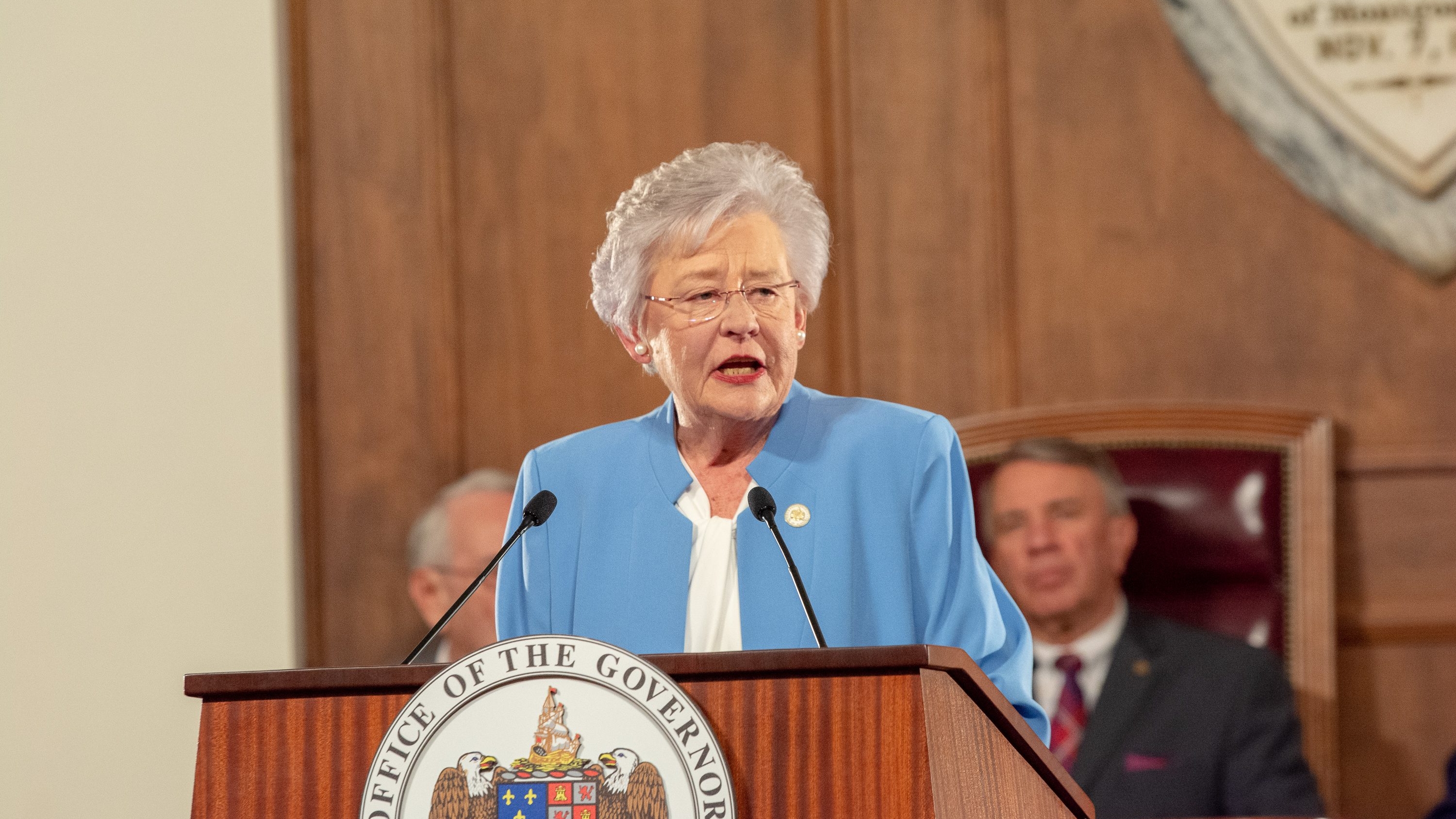Unencumbered by the political temerity that immobilizes many leaders in Montgomery, Gov. Kay Ivey is rapidly moving forward on a few big agenda items, including rebuilding the state’s aging infrastructure and reforming its barbaric prison system.
But nowhere has Ivey shown more laser-like focus than on Alabama’s underperforming education system. Over the last two years, Ivey and a team of educators, business leaders and thinkers worked to lay the foundation for her Strong Start, Strong Finish education initiative — a comprehensive program designed to transform how the state educates its youth.
Last week, Ivey’s office celebrated the project’s second anniversary by hosting a ceremonial bill signing, which included four pieces of legislation from the 2019 Regular Session, aligned with the critical elements of her signature eduction program.
“For too long, our state has not seen the education results we want, and that should not be the case. Over the last two years, Alabama rallied behind Strong Start, Strong Finish so that instead of being complacent, our state could take the lead in education,” Ivey said. “I am certainly proud of the groundwork that we have laid and look forward to our educators, students and workforce reaping the benefits of these labors.”
Strong Start, Strong Finish, is “a true education to workforce program,” according to the governor’s office and is the most “substantial education package a governor has signed into law since Gov. Albert Brewer 50 years ago.”
Ivey’s administration has broken the project down into specific focal points to accomplish the sweeping changes the governor believes will lead to developing a transformative educational system.
Ivey’s office provided a breakdown of each area of the initiative as follows:
Pre through Three
Pre through Three focuses on building a child’s foundation for their educational journey and beyond. To further this effort, Ivey signed into law HB388. The Alabama Literacy Act, HB388, sponsored by Rep. Terri Collins, ensures that all students enter the fourth grade reading proficiently.
“This legislation will focus on helping students improve their reading skills and will enable them to achieve better opportunities in all areas of life,” Collins said.
This law also refocuses the Alabama Reading Initiative by providing support for educator professional learning in reading and strengthens support for struggling readers.
Computer Science for Alabama (CS4AL)
Ivey recognizes that computer science education is critical in preparing Alabama’s students for the jobs of tomorrow. To put a greater emphasis on this subject matter, The Computer Science for Alabama Act, HB216, sponsored by Rep. David Faulkner, phases in requirements for public schools to offer courses in computer science.
“Every student in Alabama deserves the opportunity to take a computer science course that better prepares them to have success in a world that is constantly becoming more technology-dependent,” Faulkner stated.
In addition to HB216, providing funds for evidence-based computer science professional learning for K-12 computer science teachers, it also carves a better pathway for public school teachers to be properly trained and certified in computer science.
Advanced Training, Better Jobs
The governor has made it a priority of her administration to create the most effective workforce development programs for Alabamians across the state.
“It is imperative that we continue to find ways to streamline the process for students who are entering the workforce in Alabama,” said Sen. Clay Scofield. “This legislation is a great step in that direction.”
In signing both SB295 and HB570, Ivey seeks to do just that.
Sponsored by Sen. Arthur Orr, SB295 expands the Apprenticeship Alabama Tax Credit by providing an additional $500 for hiring in-school youth apprentices. Additionally, SB295 modifies the Apprenticeship Alabama Tax Credit to increase the base tax credit from $1,000 to $1,250. It increases the number of apprentices one employer may claim from five to 10 as well as the tax credit cap from $3 million to $7.5 million. SB295 also establishes the Alabama Office of Apprenticeship.
“The AIRRAP Act will allow multiple state and local entities, as well as the private sector, to come together with a common goal of training our citizens to be productive participants in our state’s economy,” said Rep. Alan Baker about on HB570.
“With the constantly changing economy, workforce development must continue to be a focus of the Legislature and our state agencies,” said Rep. Rod Scott following the governor signing HB570 and SB295. “These bills, without a doubt, advance our efforts to have a 21st century workforce that is not only equipped for the jobs that exist today but is also prepared for the new jobs that will be created in the future.”
These four pieces of legislation go into effect on Sept. 1, 2019.
Another piece of Ivey’s education reform will be tested at the ballot box in March of next year when voters will be asked to decide whether to do away with an elected board of education for one appointed by the governor.






















































